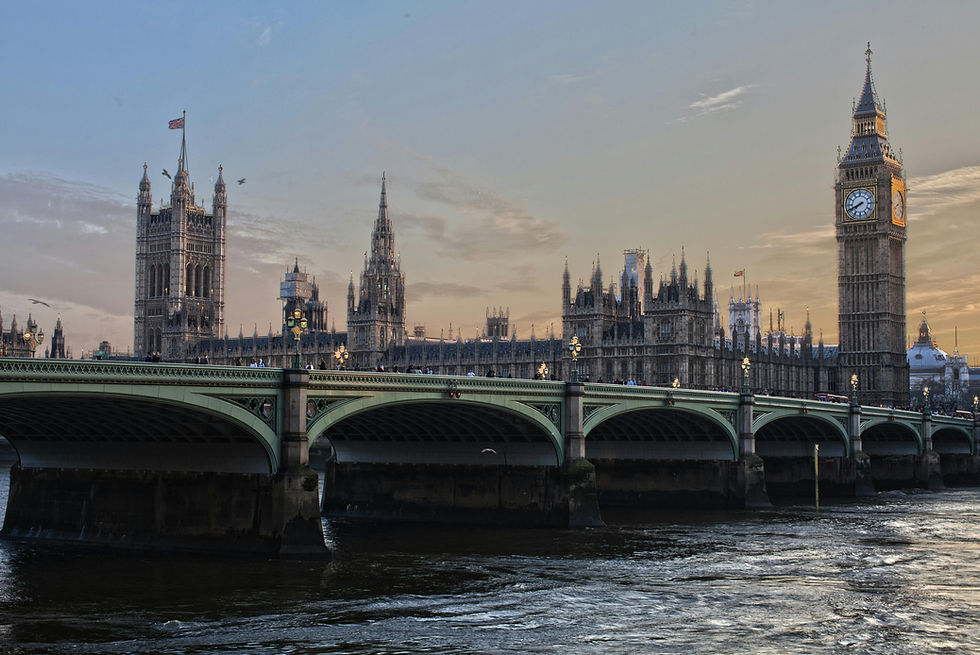Canada Immigration Updates for Indian Students in January 2025: Study Permit Caps, PGWP Changes & New Rules Explained
- SK Maggu
- Feb 9
- 2 min read
Updated: Jun 21

Canada has long been a favored destination for Indian international students, offering quality education and pathways to permanent residency. However, recent developments indicate significant changes in Canadian immigration policies that could impact prospective Indian students. Here's a detailed overview:
1. Reduction in Study Permits
On September 18, 2024, the Canadian government announced measures to further restrict study permits for foreign students. The number of study permits will be reduced to 437,000 by 2025, down from 509,390 in 2023. This move aims to address concerns over housing shortages and infrastructure strain.
2. Introduction of Provincial Attestation Letters (PALs)
To implement the new study permit caps, Immigration, Refugees and Citizenship Canada (IRCC) introduced Provincial Attestation Letters (PALs) on January 22, 2024. These letters, issued by provinces and territories, serve as proof that a student has a credible admission and is accounted for under the new caps. As of January 22, 2024, every study permit application submitted to IRCC requires an attestation letter.
3. Changes to Post-Graduation Work Permit (PGWP) Eligibility
Starting November 1, 2024, graduates from public colleges will only qualify for a PGWP if they have studied in fields related to occupations with labor shortages. Graduates with bachelor's, master's, or doctoral degrees will still be eligible for a PGWP of up to three years, regardless of their field of study.
4. Stricter Language Proficiency Requirements
Since November 1, 2024, applicants for the PGWP must meet specific Canadian Language Benchmark (CLB) standards:
University Graduates: CLB 7
College Graduates: CLB 5
This change emphasises the importance of language proficiency for international students aiming to work in Canada post-graduation.
5. Increase in Application Fees
Effective December 1, 2024, Canada increased fees for temporary residence applications, including those for students. The fee hikes range between 2.8% and 4.69%, affecting individuals seeking to restore visitor, student, and worker statuses.
6. Restrictions on Spousal Open Work Permits (SOWP)
Starting in 2024, only spouses of students enrolled in master's programs lasting at least 16 months will qualify for a work permit. This restriction aims to better manage work permits and ensure they align with long-term academic programs.
7. Impact on Housing and Infrastructure
The reduction in study permits and other restrictive measures are part of Prime Minister Justin Trudeau's strategy to limit temporary residents to 5% of the population, addressing concerns over societal issues such as housing affordability and the cost of living.
These changes reflect Canada's efforts to balance the benefits of international education with sustainable growth and infrastructure capacity. Prospective Indian students should stay informed about these developments and plan accordingly to navigate the evolving landscape of Canadian immigration policies.
Sources:
Canada Reduces International Student Permits Amid Policy Shifts
Canada reduces international student permits for second year 15 days ago
Canada turning away more foreigners amid rise in anti-immigration sentiment
158 days ago. reuters.com
Backlash against immigrants challenges Canada's welcoming image 156 days ago Sources




Comments